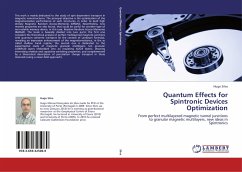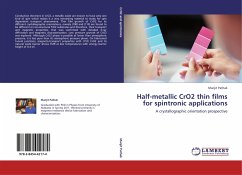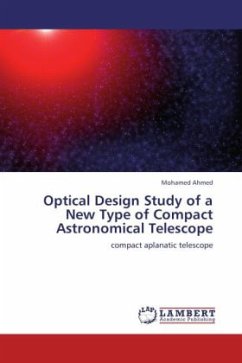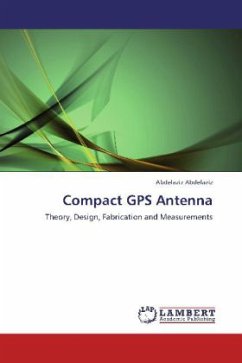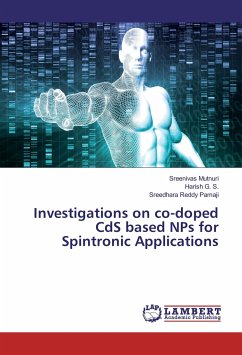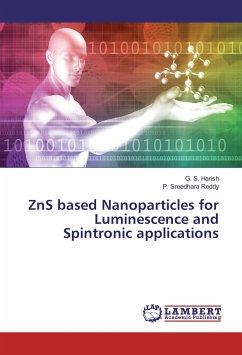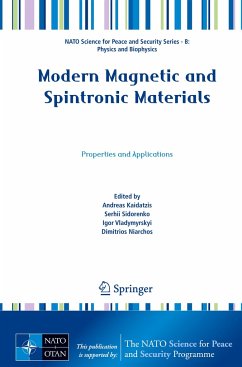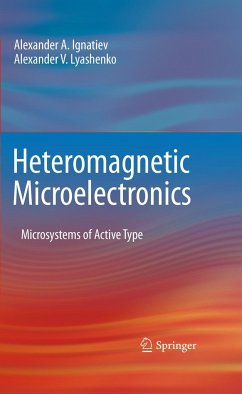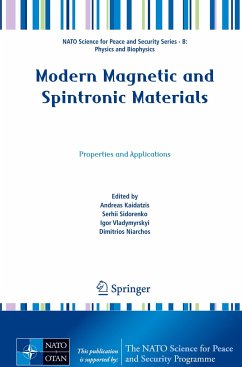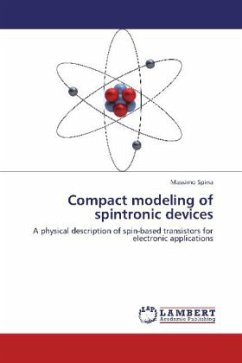
Compact modeling of spintronic devices
A physical description of spin-based transistors for electronic applications
Versandkostenfrei!
Versandfertig in 6-10 Tagen
39,99 €
inkl. MwSt.

PAYBACK Punkte
20 °P sammeln!
Spintronics is an area of electronics that studies the design of electronic devices based on the spin properties of electrons, taking advantage of their full potential. To date, despite the extended theoretical work done on this class of components, models are mainly physical and, due to their extreme complexity, cannot be implemented in circuit simulators. The aim of this work is to address the critical problems of modeling spintronic devices in a compact form. The main goal is to make a bridge between a purely physical description and a more electrical counterpart of spintronic elements in o...
Spintronics is an area of electronics that studies the design of electronic devices based on the spin properties of electrons, taking advantage of their full potential. To date, despite the extended theoretical work done on this class of components, models are mainly physical and, due to their extreme complexity, cannot be implemented in circuit simulators. The aim of this work is to address the critical problems of modeling spintronic devices in a compact form. The main goal is to make a bridge between a purely physical description and a more electrical counterpart of spintronic elements in order to enable their use in Computer Assisted Design tools, just as for CMOS devices. The first part of the book gives an introduction to the different kinds of spin-orbit interactions, the materials used for realizing spintronic devices and the main spin-based devices currently developed. The second part is then dedicated to the modeling of simple transistor structures where the current depends on spin-polarized carriers. Moreover, a brief outlook on possible future spintronic devices is given.



